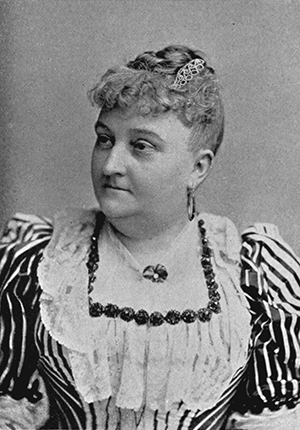Summary
In 1873, the Supreme Court decided its first major cases interpreting the Fourteenth Amendment—The Slaughter-House Cases and Bradwell v. Illinois. These cases—decided only one day apart—interpreted the 14th Amendment’s Privileges or Immunities Clause narrowly. In Bradwell, Myra Bradwell challenged Illinois’s refusal to allow her to practice law. She argued that that her right to pursue her chosen profession was a “privilege” protected by the Fourteenth Amendment. The Supreme Court rejected her claim, concluding that states had broad powers to set professional standards—including standards that excluded women from certain professions. In his infamous concurring opinion, Justice Joseph Bradley wrote, “The paramount destiny and mission of women are to fulfill the noble and benign offices of wife and mother. This is the law of the Creator.” Weakened by illness, Chief Justice Salmon Chase noted his dissent (without publishing a written opinion). He died three weeks later.






